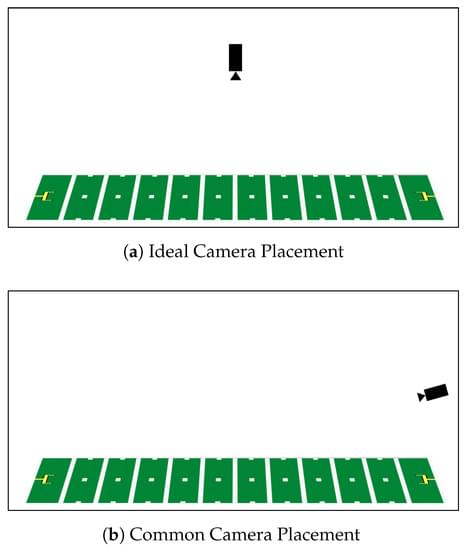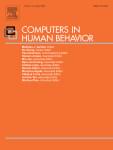Annotation and analysis of sports videos is a time-consuming task that, once automated, will provide benefits to coaches, players, and spectators. American football, as the most watched sport in the United States, could especially benefit from this automation. Manual annotation and analysis of recorded videos of American football games is an inefficient and tedious process. Currently, most college football programs focus on annotating offensive formations to help them develop game plans for their upcoming games. As a first step to further research for this unique application, we use computer vision and deep learning to analyze an overhead image of a football play immediately before the play begins. This analysis consists of locating individual football players and labeling their position or roles, as well as identifying the formation of the offensive team.





